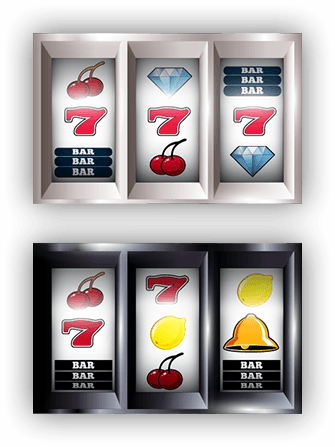The World’s First Slot Machines
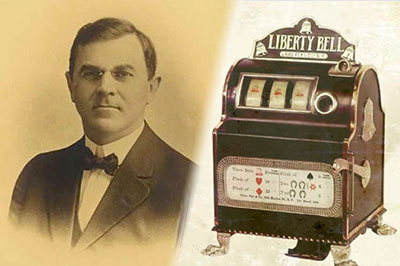
Gambling has been popular since ancient times. However, the very first slot machines in the world appeared only in the 19th century. The devices were very different from modern slots — they had elementary mechanisms and brought practically no profit.
History of the First Slot Machines
The year 1887 was a turning point in the gambling industry. Charles Fey, a San Francisco mechanic, created the first automatic machine in his workshop. The machine had a primitive construction and to play, you had to lower a bet of 5 cents minimum into a coin mechanism.
A few years later, in 1891, Sitman and Pitt, two friends from Brooklyn, presented a brand new device of their own invention. The machine had five reels with 10 cards placed on them. The winning combinations were taken from poker. Catching a straight consisting of cards of the same suit meant the biggest win.
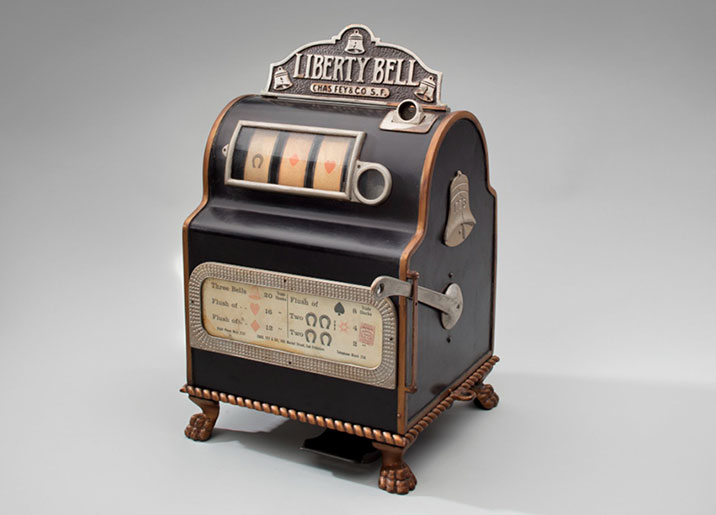
Gaming machines designed by American inventors quickly gained popularity. They were r installed ight away in many entertainment venues and people came to play not for money, but for the exciting emotions. However, winning in these machines only guaranteed a reward of a free beer or cigarettes.
In 1895, Fey introduced a new machine called “The Liberty Bell”. It had the following construction.
| Feature | Description |
|---|---|
| Number of reels | 3 |
| Symbols | Bells and card suits |
| Maximum winning combination | 3 bells |
| Jackpot | 50 cents |
Developing the updated design, Fey lowered the chances of winning by reducing the number of reels and symbols. Naturally, The Liberty Bell quickly ousted Sitman and Pete’s slots from the bars.
Working Mechanisms
The first mechanical slots had a simple structure. To launch them, you had to lower a coin into the receiver, and then pull the lever. The mechanism came into action, and the position of the cards changed.
These devices were nicknamed “one-armed bandits” because of the lever’s resemblance to that of a human limb. The bandit part got attached to the machines because it was almost impossible to win, but losing all your money on bets was surprisingly easy.
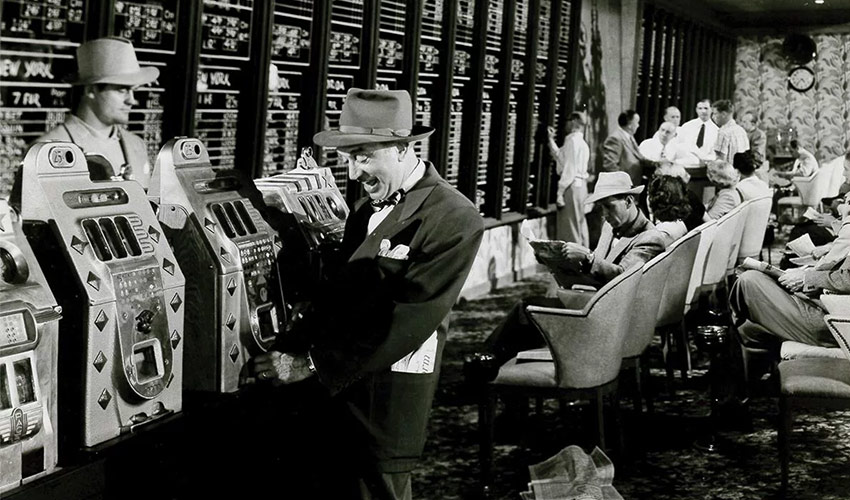
Classification of Machine Types
During the development of the gambling industry, there were two main types of devices emerging: mechanical and video slots.
Mechanical Slot Machines
The first mechanical slot machines were large and heavy, but not at all sturdy. A lever was used to activate them. Later, this element was replaced with a button.
Video Slots
Bulky mechanical slot machines have later been replaced by video slots. They surprised players with a variety of features and user-friendly gameplay.
Modern video slots have the following characteristics:
- Large monitor with a built-in touch screen.
- Keyboard with electromechanical buttons.
- HD image quality.
- Extensive library of games.
- Comfortable soft seating with a high back.
Some models have additional features. For example, they have USB ports so that players of a gambling establishment could charge their smartphones without getting distracted from the process.
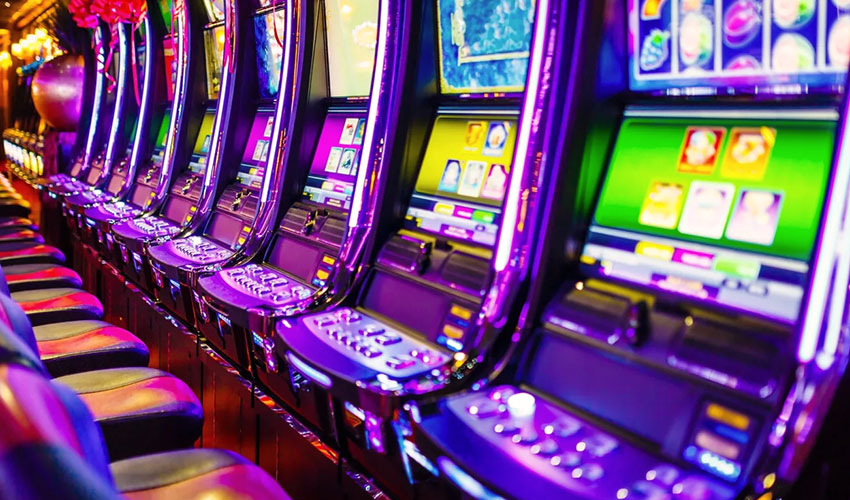
History of Slot Machines in the 20th Century
In 1897, slot machines were banned in California. The reason for this was the winners not paying taxes. The devices were reconfigured so that instead of money, players would get candy or chewing gum.
Despite existing prohibitions, Charles Fey’s business flourished. He opened his own company. Many businessmen asked him to sell the rights to slots production, but he invariably refused.
In 1905, a serious incident took place — Mills Novelty Company stole a Liberty Bell slot machine installed in one of the bars in Texas. They studied its design and mechanisms, later setting up their own production. However, it’s the 1906 San Francisco earthquake that finally ruined Charles Fey’s business.
In 1907, Chicago industrialist Herbert Stifer Bell introduced slot machines of his own making. They were in many ways reminiscent of The Liberty Bell and were called The Operator Bell. By 1910, the devices could be seen in almost every American town. It didn’t take long for them to make their way to Europe.
In 1949, slot machines were installed at the Flamingo Hilton Casino in Las Vegas. Initially, they were supposed to entertain the wives of wealthy clients while they bet on roulette or cards.
The year 1964 started a new era in the history of slot machines — the first electromechanical machine Money Honey was released. It had a backlight, background music, and allowed using coins of different value.
First Online Slot Machines on the Internet
In 1995, Microgaming launched the first online casino Gaming Club after developing the software for it. After only 2 years, there were over 20 websites with virtual gambling entertainment up and running on the Internet.
In 1998, the industry experienced an upswing. Providers released the concept of a large jackpot, the essence being accumulated multimillion-dollar prize pools from players’ bets. A lot of people were attracted by an opportunity to get rich quickly.
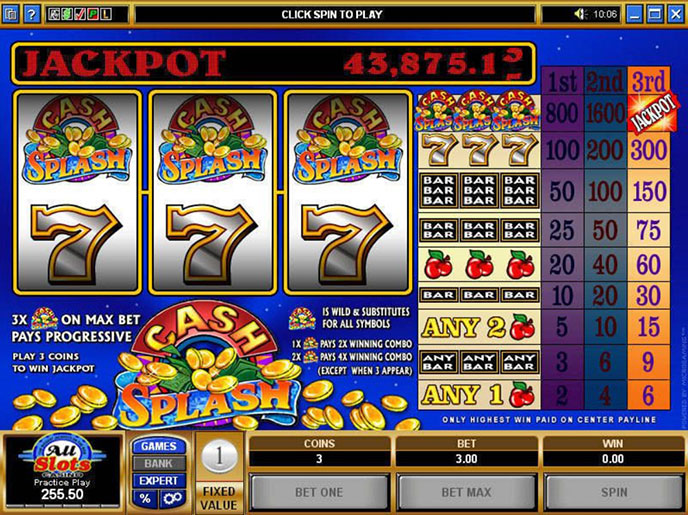
2001 brought forth online casinos with live dealers. Players got the chance to participate in a real gambling event without leaving their homes. In 2012 came the option to launch slots from mobile devices.
Interesting Facts
The creator of the Liberty Bell, Charles Fey, had tuberculosis. He received the fatal diagnosis at the age of 19. However, his young body managed to cope with the disease.
The country with the most slots installed is Japan. In total, there are about 4.6 million machine, which means there’s one device for every 27 people. America holds second place with its famous gambling capital Las Vegas.
In 2002, in an attempt to make gambling more accessible to disabled people, Bally Gaming Systems produced slot machines for the visually impaired. The gameplay was accompanied by sound signals that clearly reflected the events in the game. The machine included a Braille button deck to allowed players to control their actions. When a player won, the machine played a rendition of “America the Beautiful” performed by Ray Charles who participated in the development of this line of machines.

